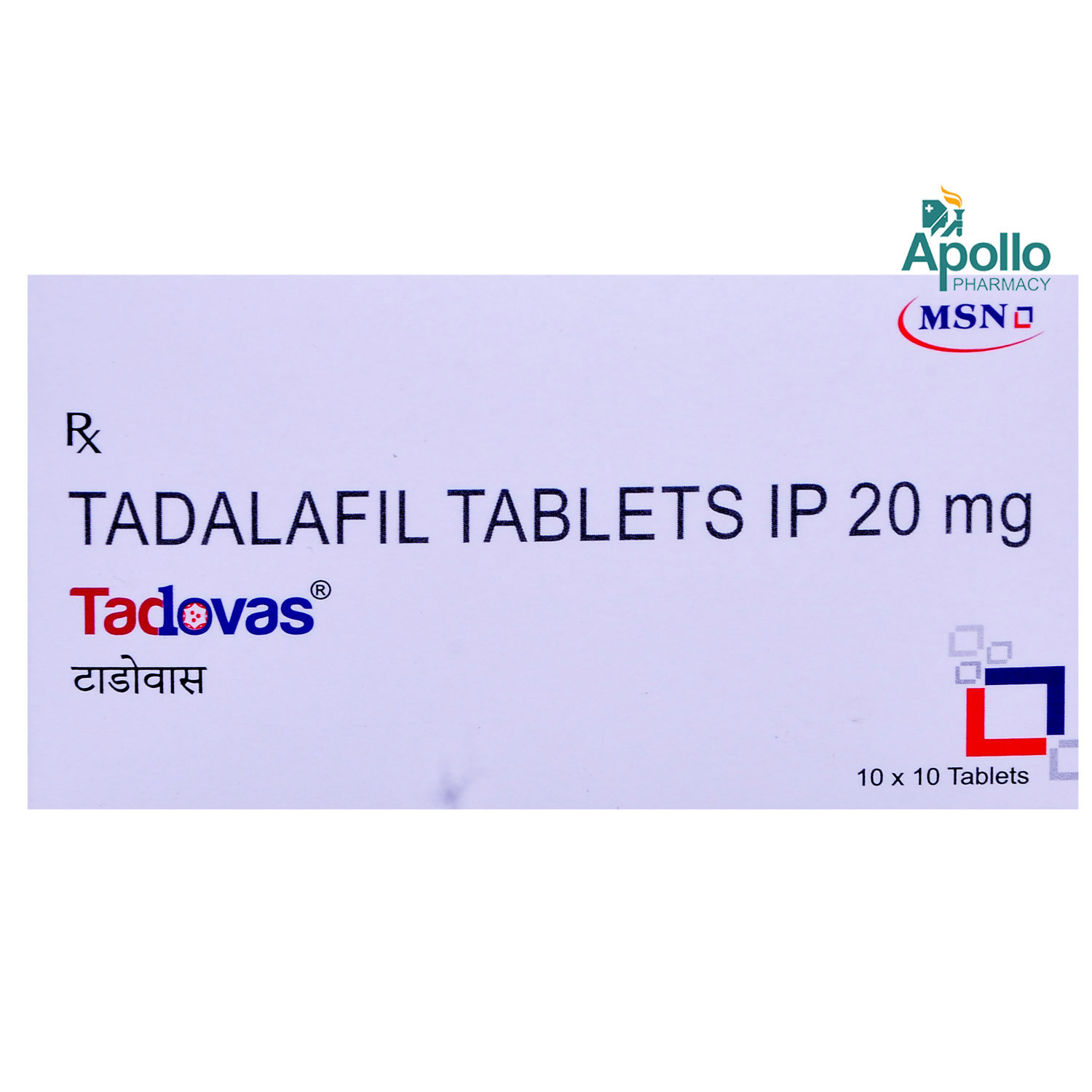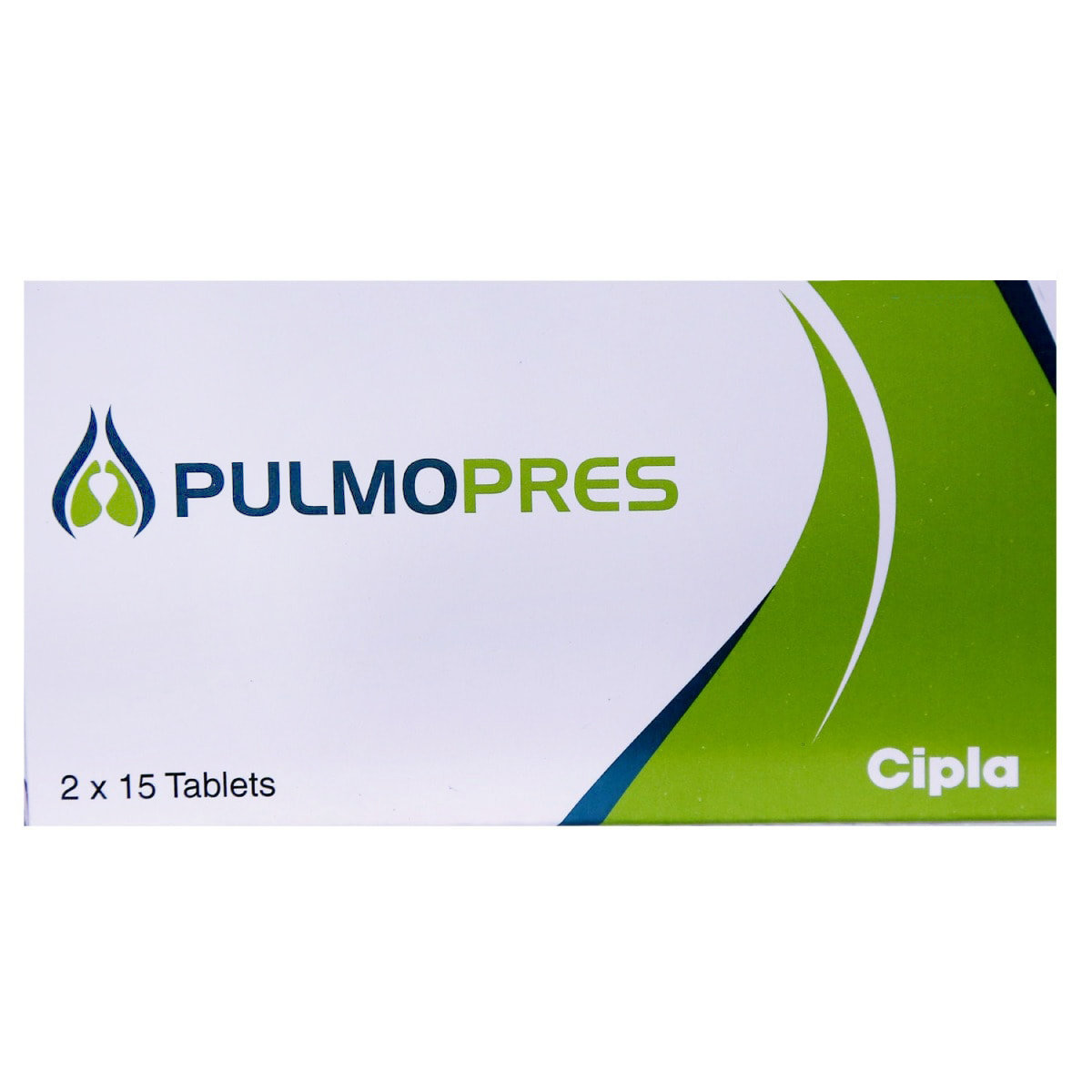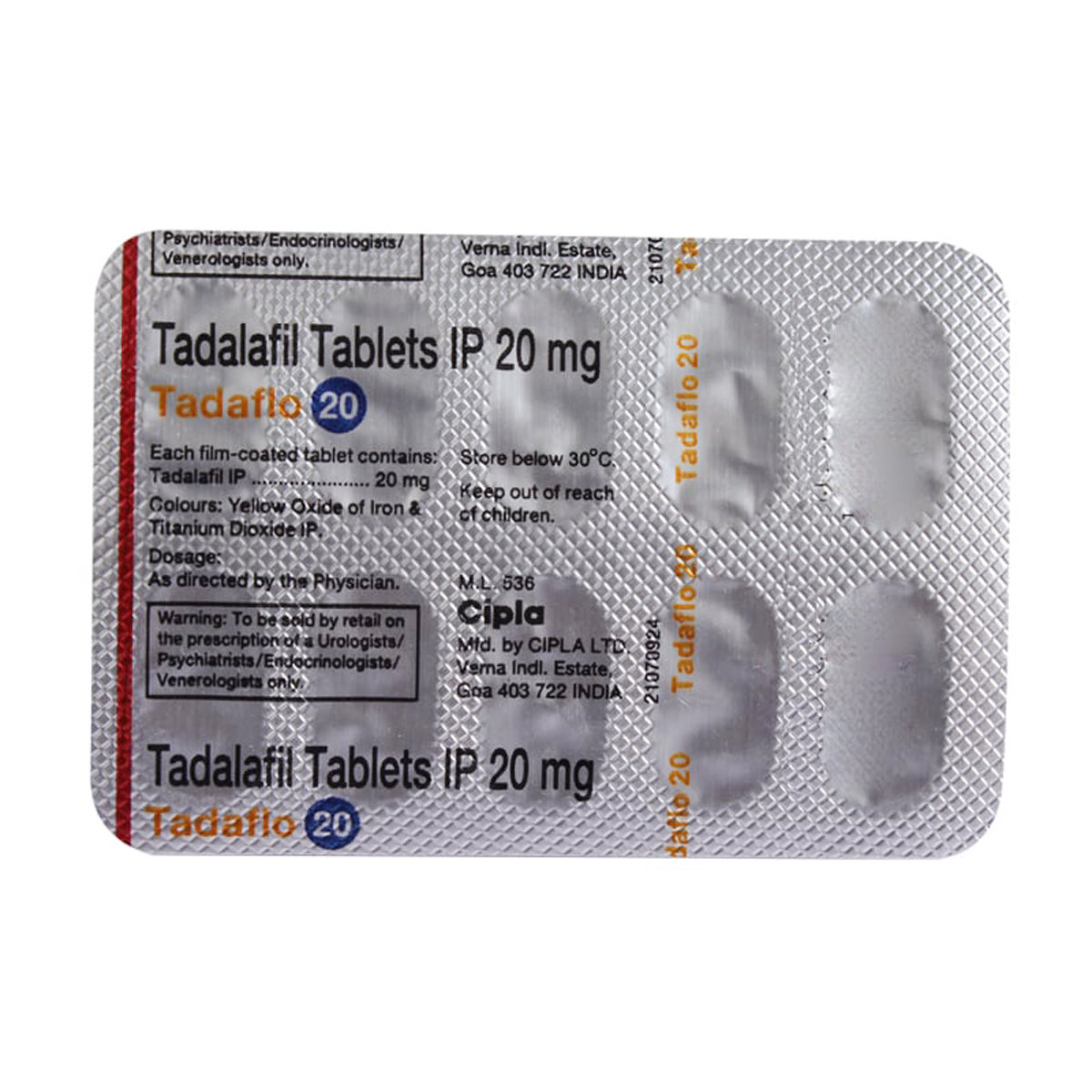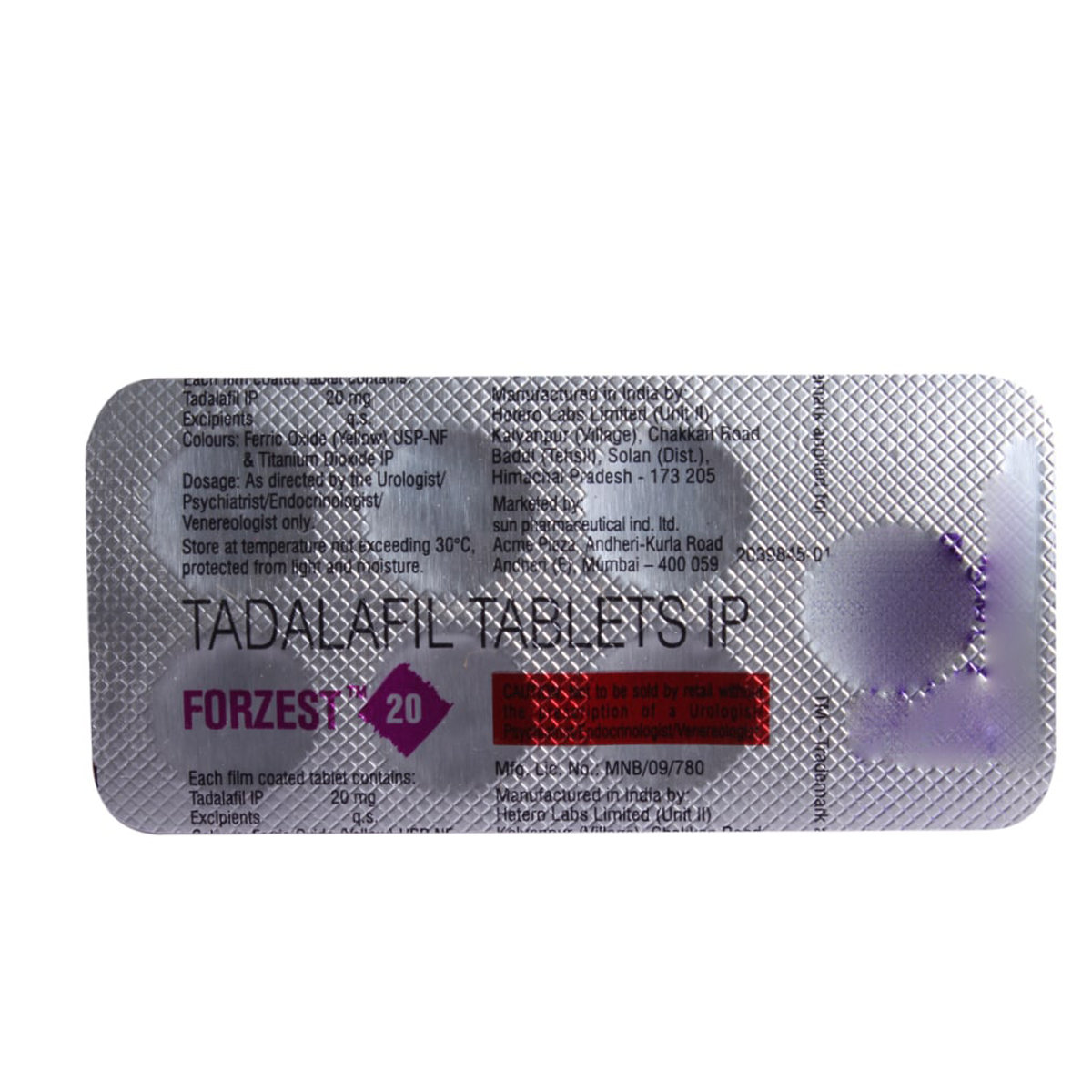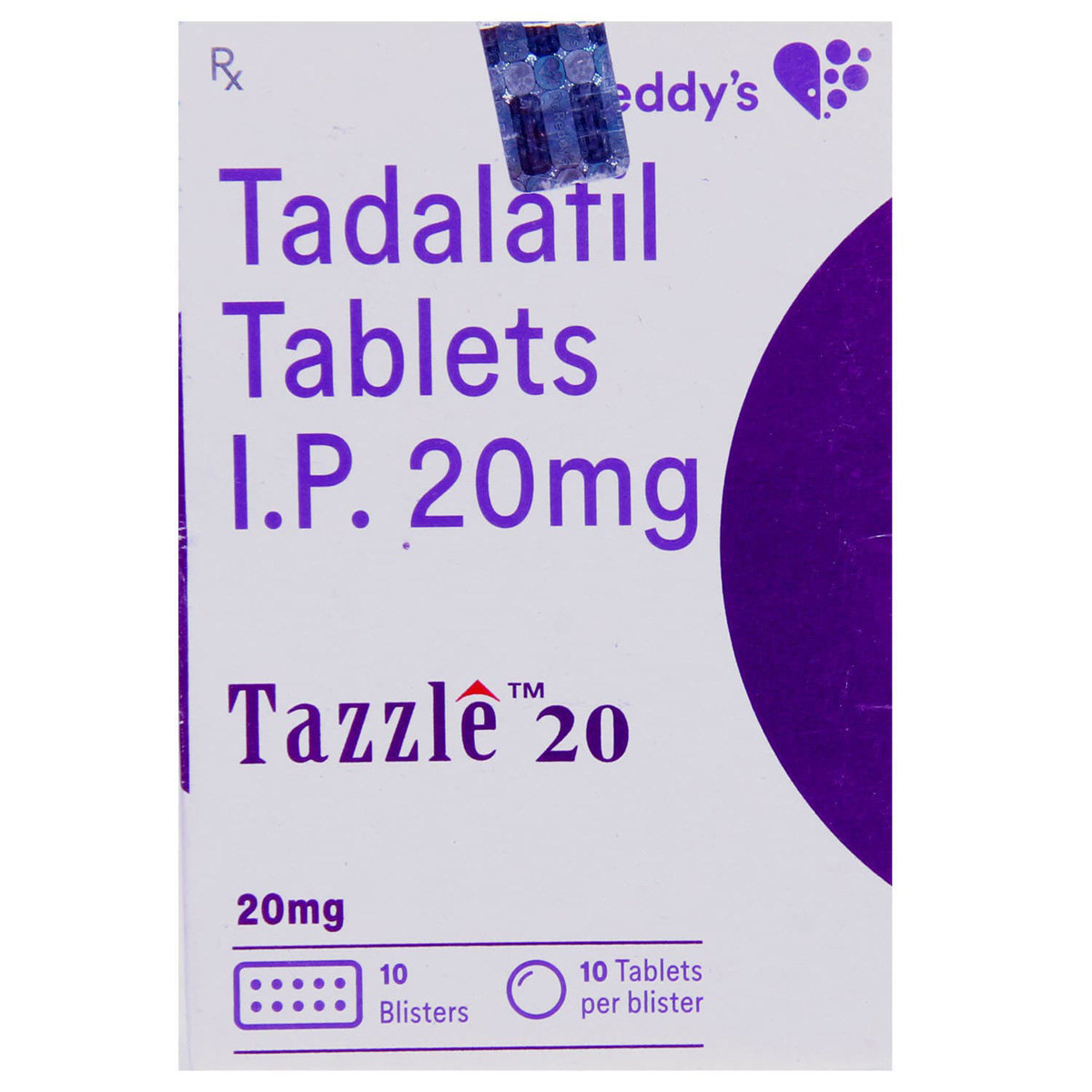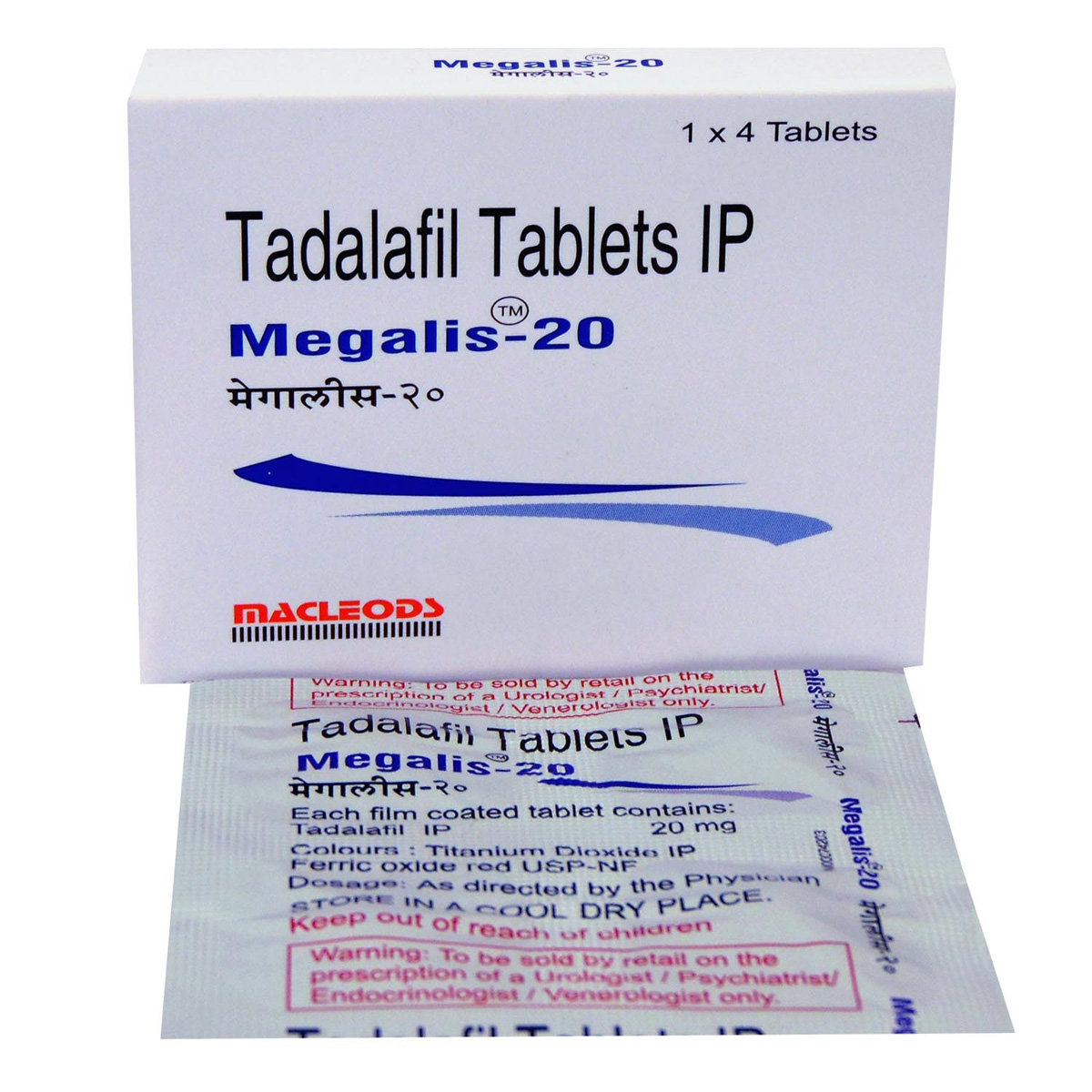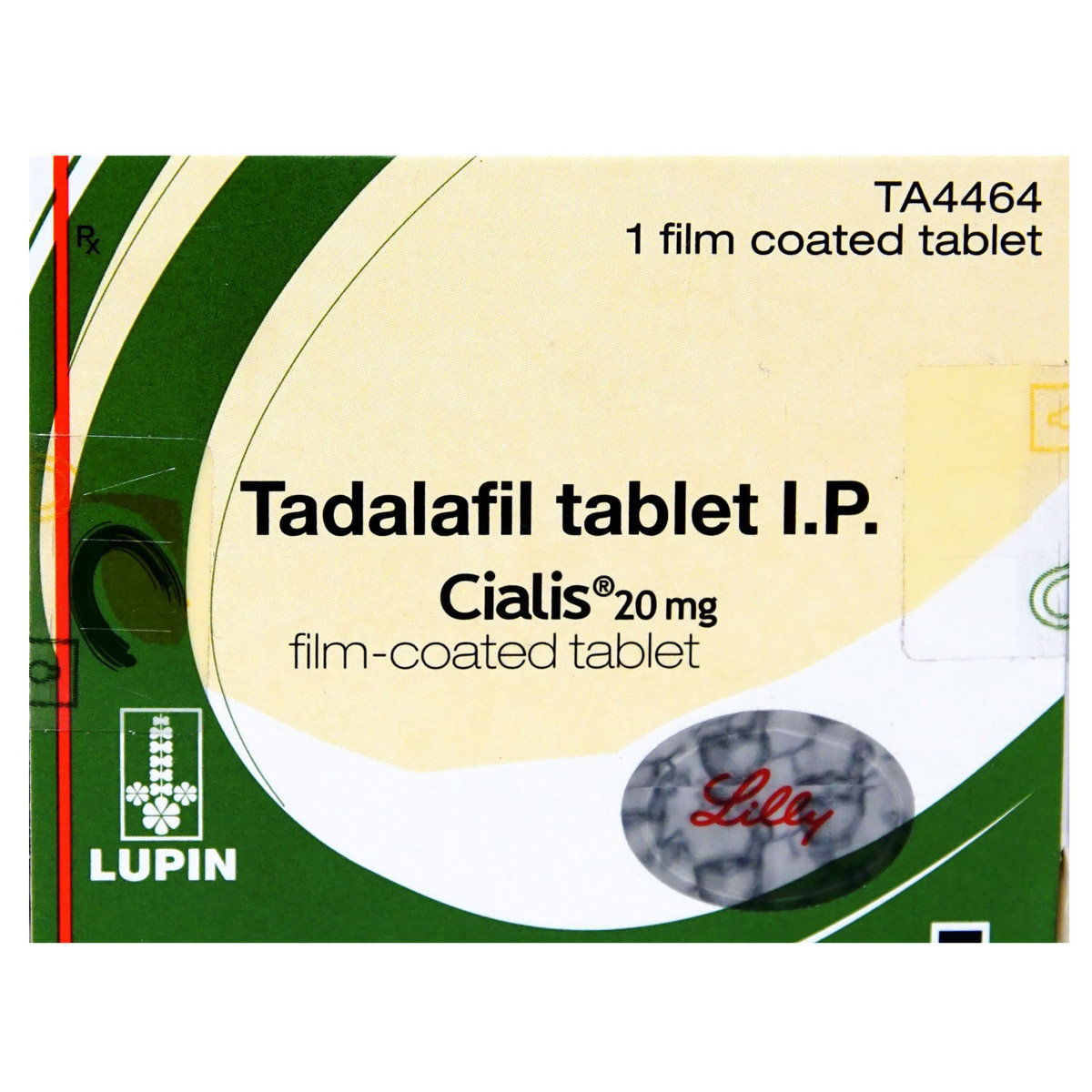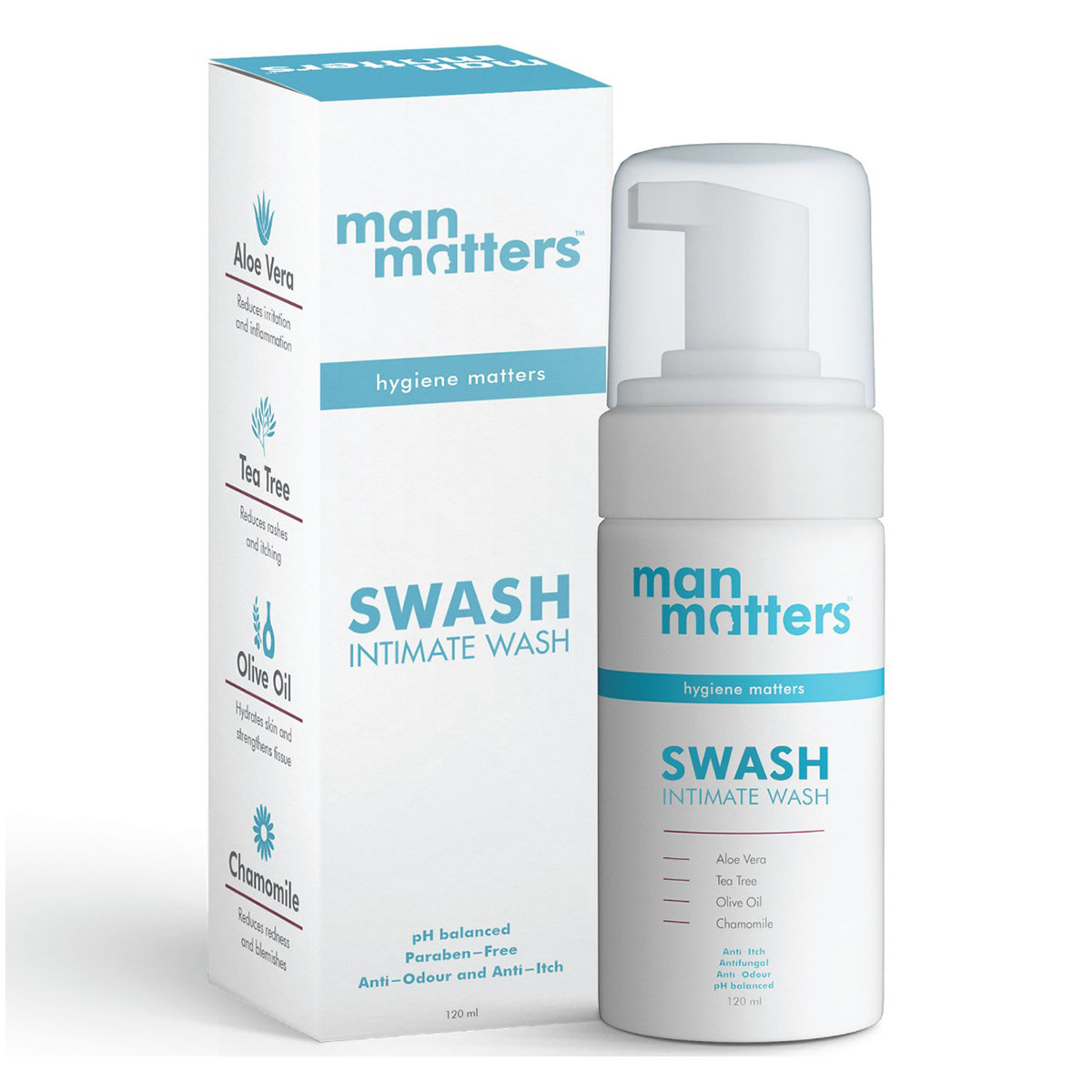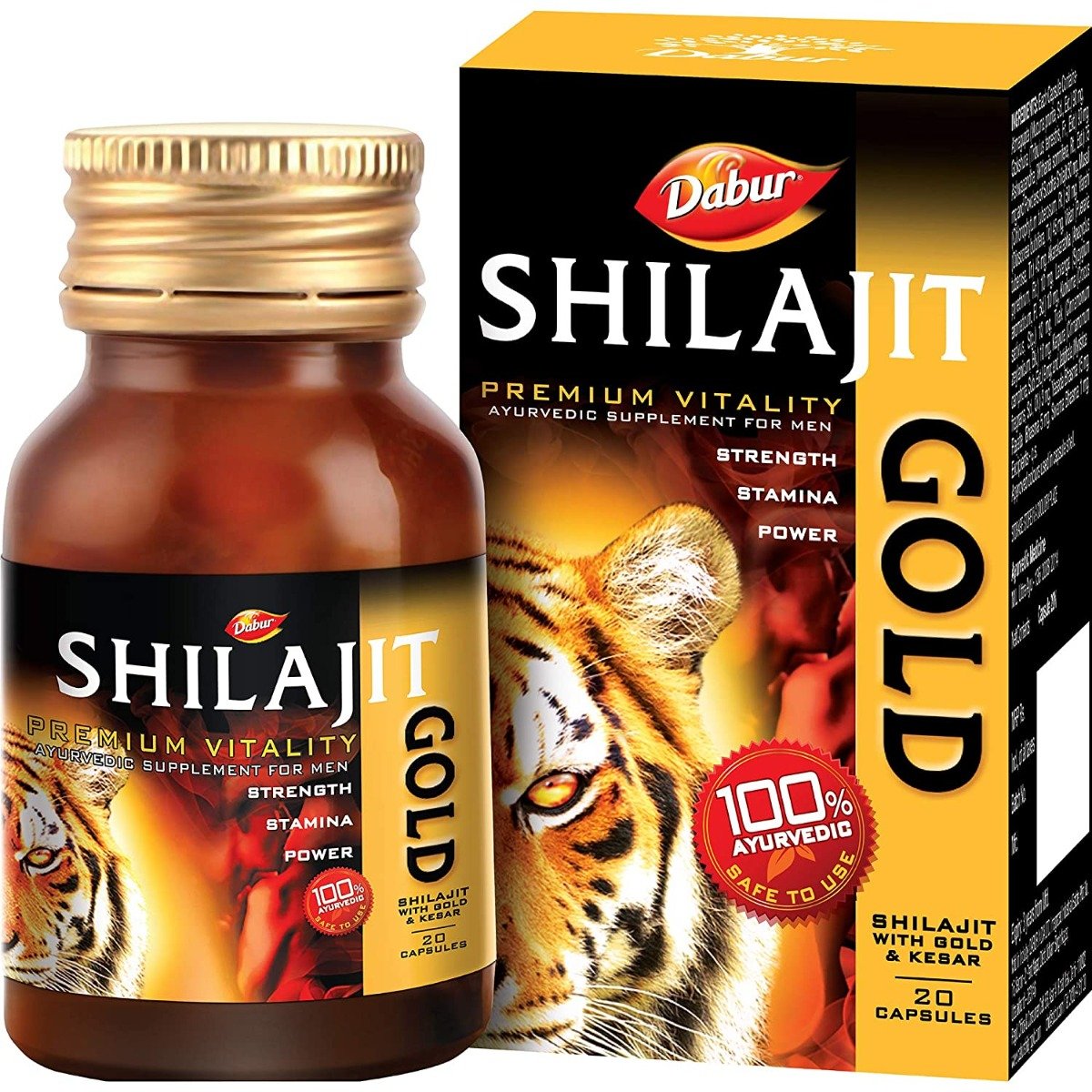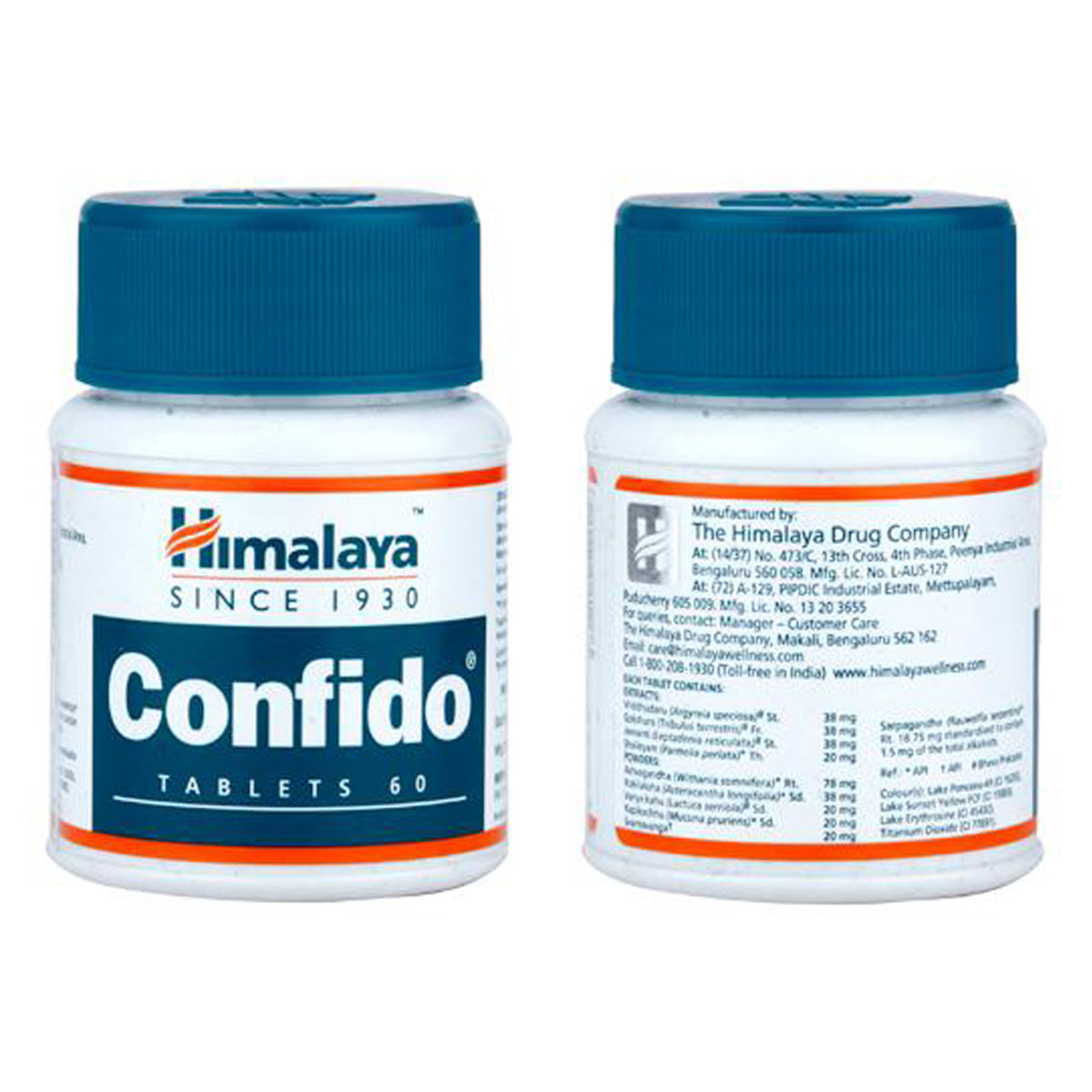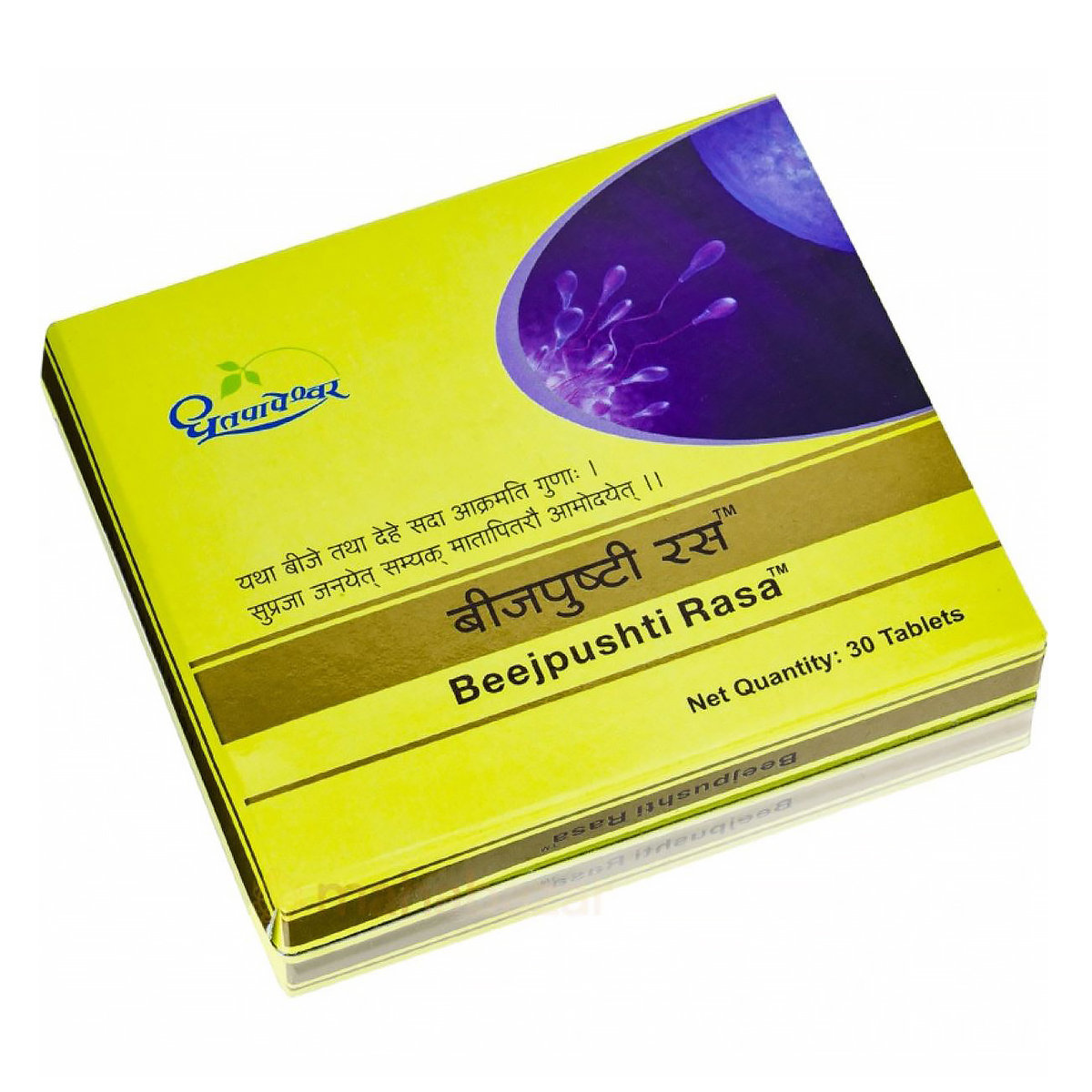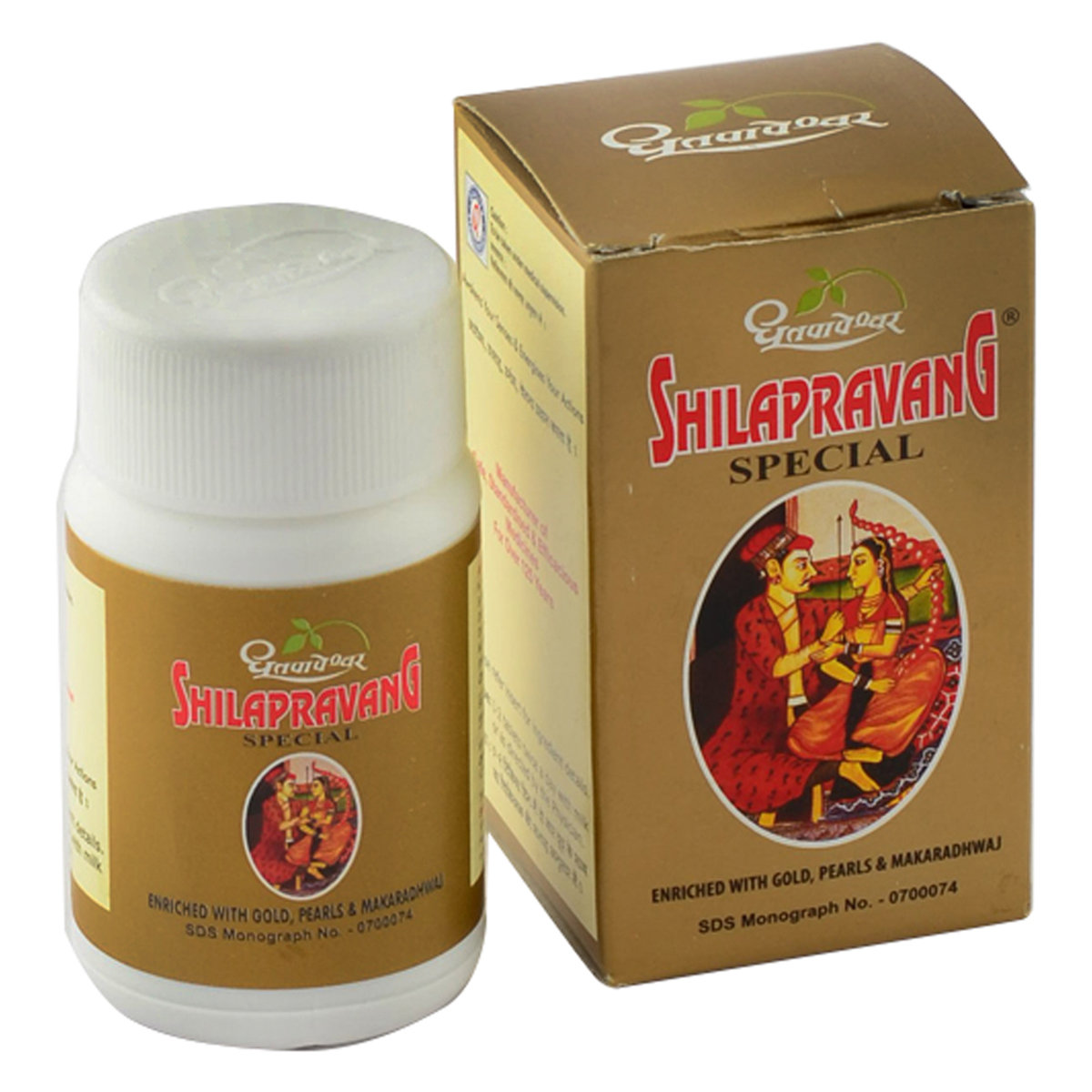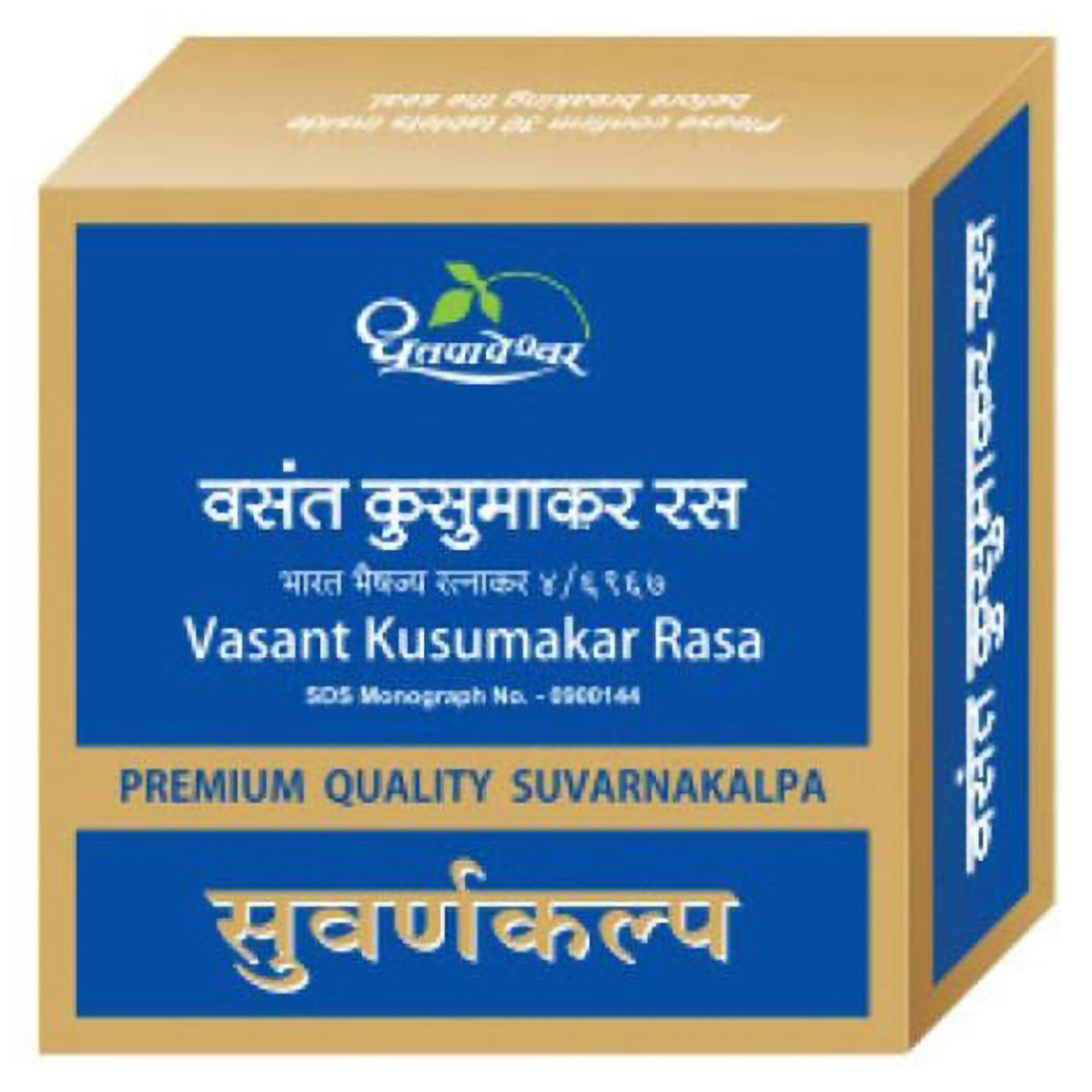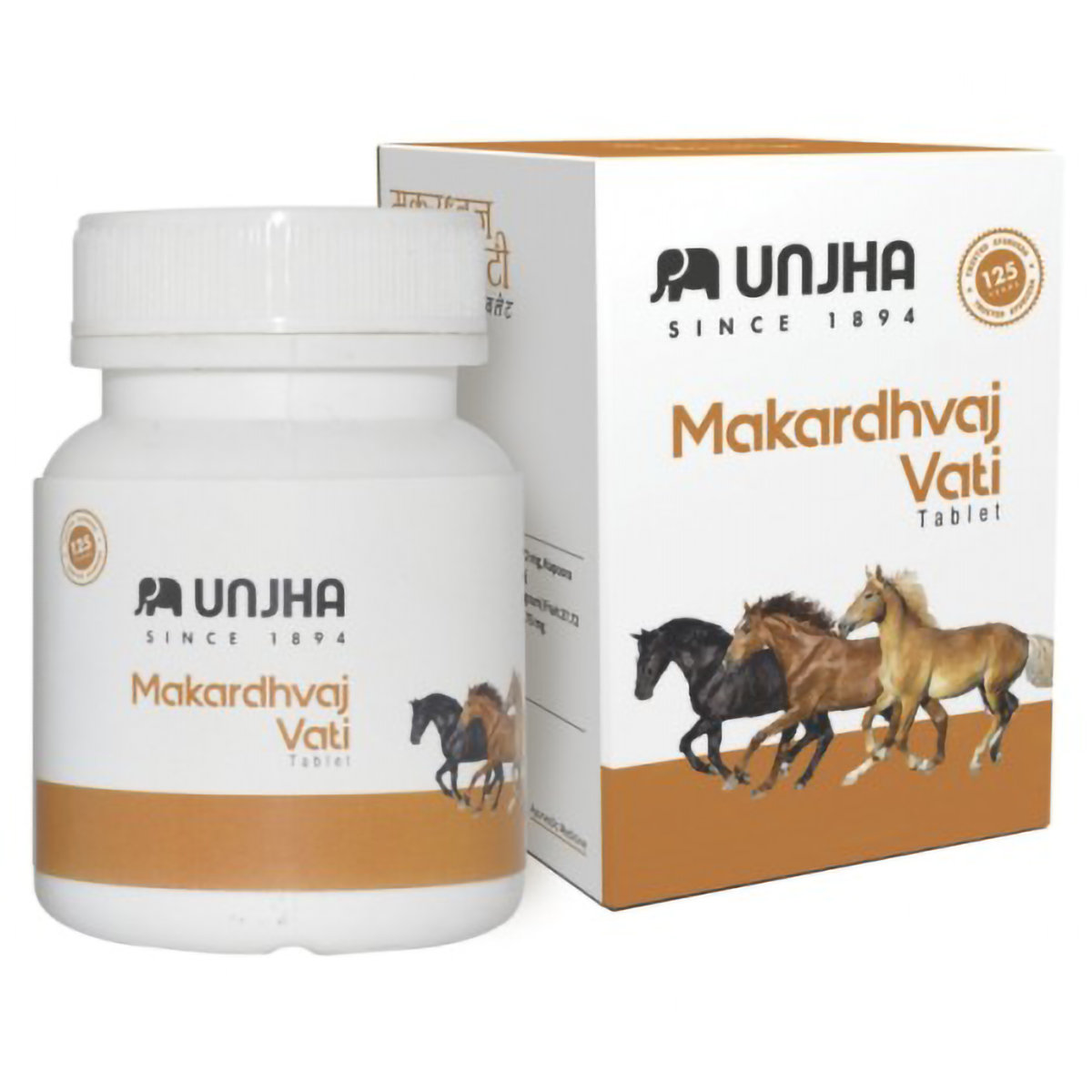Xyorg 20Mg Tablet

MRP ₹567
(Inclusive of all Taxes)
₹85.0 Cashback (15%)
know your delivery time
Provide Delivery Location
Composition :
Manufacturer/Marketer :
Consume Type :
Expires on or after :
Return Policy :

Secure Payment

Trusted by 8 Crore Indians

Genuine Products
Therapeutic Class
Country of origin
Manufacturer/Marketer address
Author Details
We provide you with authentic, trustworthy and relevant information
FAQs
Disclaimer
Alcohol
Safe if prescribed
You are advised not to consume alcohol while taking Xyorg 20Mg Tablet as it may cause increased dizziness.
Pregnancy
Consult your doctor
Xyorg 20Mg Tablet is not recommended for use in pregnancy.
Breast Feeding
Consult your doctor
Xyorg 20Mg Tablet is not recommended for use during breastfeeding.
Driving
Safe if prescribed
Xyorg 20Mg Tablet may cause dizziness. Therefore you are advised to drive and operate machinery only if you are alert.
Liver
Consult your doctor
Dose adjustment may be needed. Please consult your doctor before taking Xyorg 20Mg Tablet if you have liver impairment/liver disease or any concerns regarding this.
Kidney
Consult your doctor
Dose adjustment may be needed. Please consult your doctor before taking Xyorg 20Mg Tablet if you have kidney impairment/kidney disease or any concerns regarding this.
Children
Safe if prescribed
Xyorg 20Mg Tablet should not be given to children as the safety and effectiveness have not been established.
Product Substitutes
About Xyorg 20Mg Tablet
Xyorg 20Mg Tablet belongs to the group of medicines called phosphodiesterase type 5 (PDE 5) inhibitors, primarily used to treat erectile dysfunction (impotence) and benign prostatic hyperplasia (BPH). Sometimes, Xyorg 20Mg Tablet is also used to treat pulmonary arterial hypertension (high blood pressure in the lungs). Erectile dysfunction is the inability to keep a hard and erect penis suitable for sexual activity. Benign prostatic hyperplasia, also called as prostate enlargement, is the non-cancerous growth of the prostate gland.
Xyorg 20Mg Tablet contains ‘Tadalafil’, which works by relaxing the blood vessels in the penis; this allows the blood to flow into the penis when the person is sexually excited. Thereby, it helps to treat erectile dysfunction. Xyorg 20Mg Tablet relaxes the bladder and prostate muscles, thereby reducing enlarged prostate symptoms such as difficulty in urination and urgent need to urinate. Xyorg 20Mg Tablet used to treat pulmonary hypertension (high blood pressure in the lungs) by relaxing the blood vessels in the chest. Thereby increasing the blood supply to the lungs and decreasing the workload of the heart.
You are advised to take Xyorg 20Mg Tablet for as long as your doctor has prescribed it for you, depending on your medical condition. In some cases, you may experience certain common side-effects such as headache, back pain, muscle pain, pain in the legs and arms, nasal congestion, indigestion, and facial flushing. Most of these side-effects do not require medical attention and will resolve gradually over time. However, you are advised to talk to your doctor if you experience these side-effects persistently.
Do not take Xyorg 20Mg Tablet if you are taking nitrates (used to treat angina), riociguat (used to treat pulmonary hypertension) or alpha-blockers; if you have heart problems or stroke, low blood pressure or uncontrolled high blood pressure. Xyorg 20Mg Tablet is not intended for use in women. Xyorg 20Mg Tablet may cause dizziness, so drive with caution. Avoid consuming alcohol as it might cause increased dizziness. Xyorg 20Mg Tablet should not be given to children as safety and effectiveness have not been established. Keep your doctor informed about your health condition and the medicines you are taking to avoid unpleasant side-effects.
Uses of Xyorg 20Mg Tablet
Medicinal Benefits Mweb
Key Benefits
Xyorg 20Mg Tablet belongs to the group of medicines called phosphodiesterase type 5 (PDE 5) inhibitors. Xyorg 20Mg Tablet is used to treat erectile dysfunction (impotence) and benign prostatic hyperplasia (BPH). Sometimes, Xyorg 20Mg Tablet is also used to treat pulmonary arterial hypertension (high blood pressure in the lungs). Xyorg 20Mg Tablet works by relaxing the blood vessels in the penis; this allows the blood to flow into the penis when the person is sexually excited. Thereby, it helps to treat erectile dysfunction. Xyorg 20Mg Tablet relaxes the bladder and prostate muscles, thereby reducing enlarged prostate symptoms such as difficulty in urination and urgent need to urinate. Xyorg 20Mg Tablet used to treat pulmonary hypertension (high blood pressure in the lungs) by relaxing the blood vessels in the chest. Thereby, increasing the blood supply to the lungs and decreasing the workload of the heart.
Directions for Use
Side Effects of Xyorg 20Mg Tablet
- Headache
- Back pain
- Muscle pain
- Pain in legs and arms
- Nasal congestion
- Indigestion
- Facial flushing
Drug Warnings
Do not take Xyorg 20Mg Tablet if you are allergic to any of its contents; if you are taking nitrates (used to treat angina), riociguat (used to treat pulmonary hypertension) or alpha-blockers; if you have heart problems or stroke, low blood pressure or uncontrolled high blood pressure, if you ever had a loss of vision. Inform your doctor if you have sickle cell anaemia (abnormal red blood cells), multiple myeloma (cancer of bone marrow), leukaemia (blood cell cancer), deformation in the penis, severe kidney or liver problems. Consult your doctor immediately if you experience loss of vision or hearing while taking Xyorg 20Mg Tablet . Xyorg 20Mg Tablet may cause dizziness, so drive with caution. Avoid consuming alcohol as it might cause increased dizziness. Xyorg 20Mg Tablet should not be given to children as safety and effectiveness have not been established.
Drug-Drug Interactions
Drug-Drug Interactions
Login/Sign Up
Taking Xyorg 20 mg Tablet with Nitroprusside can increase the risk or severity of low blood pressure.
How to manage the interaction:
Taking Xyorg 20 mg Tablet with Nitroprusside is generally avoided as it can lead to an interaction, but it can be taken if prescribed by a doctor. If you experience dizziness, or heart palpitations, seek immediate medical attention. Do not discontinue any medications without consulting a doctor.
Taking Xyorg 20 mg Tablet with Isosorbide dinitrate can increase the risk or severity of low blood pressure.
How to manage the interaction:
Taking Isosorbide dinitrate with Xyorg 20 mg Tablet is not recommended, but it can be taken together if prescribed by a doctor. However, consult a doctor if you experience dizziness, or heart palpitations. Do not discontinue any medications without consulting a doctor.
Taking Xyorg 20 mg Tablet with Riociguat may increase the risk or severity of lower the blood pressure.
How to manage the interaction:
Taking Riociguat with Xyorg 20 mg Tablet is generally not recommended as it can lead to an interaction, but it can be taken together if prescribed by a doctor. However, if you experience dizziness, headache, and nasal congestion consult a doctor. Do not discontinue any medications without consulting a doctor.
Taking Xyorg 20 mg Tablet with Amyl Nitrite can increase the risk or severity of low blood pressure.
How to manage the interaction:
Taking Xyorg 20 mg Tablet with Amyl nitrite is generally avoided as it can lead to interaction. They can be taken only when advised by a doctor. Seek immediate medical attention if you experience symptoms like dizziness, or heart palpitations. Do not discontinue any medications without consulting a doctor.
Coadministration of Xyorg 20 mg Tablet with Isosorbide mononitrate can increase the risk or severity of low blood pressure.
How to manage the interaction:
Taking Isosorbide mononitrate with Xyorg 20 mg Tablet is not recommended, but it can be taken together if prescribed by a doctor. However, consult a doctor if you experience dizziness, or heart palpitations. Do not discontinue any medications without consulting a doctor.
Coadministration of Ketoconazole with Xyorg 20 mg Tablet may increase the blood levels and effects of Xyorg 20 mg Tablet. This can increase the risk or severity of side effects.
How to manage the interaction:
Although taking Ketoconazole and Xyorg 20 mg Tablet together can result in an interaction, it can be taken if a doctor has prescribed it. However, if your condition worsens or you experience any symptoms like chest pain or tightness, irregular heartbeat, shortness of breath, consult a doctor. Do not stop using any medications without a doctor's advice.
Using Xyorg 20 mg Tablet together with voriconazole may significantly increase the blood levels and effects of Xyorg 20 mg Tablet. This can increase the risk or severity of side effects.
How to manage the interaction:
Although taking Voriconazole and Xyorg 20 mg Tablet together can cause an interaction, it can be taken if your doctor has suggested it. However, if you experience nausea, shortness of breath, dizziness, lightheadedness, fainting, visual disturbances, ringing in the ears, vision or hearing loss, chest pain or tightness, irregular heartbeat, and/or priapism (prolonged and painful erection unrelated to sexual activity), contact a doctor right away. Do not discontinue any medications without consulting a doctor.
Coadministration of Miconazole with Xyorg 20 mg Tablet may increase blood levels and effects of Xyorg 20 mg Tablet. This can increase the risk or severity of side effects.
How to manage the interaction:
Although there is a possible interaction between miconazole and Xyorg 20 mg Tablet, you can take these medicines together if prescribed by a doctor. However, consult a doctor immediately if you experience shortness of breath, dizziness, visual disturbances, or irregular heartbeat. Do not stop using medications without a doctor's advice.
Coadministration of Xyorg 20 mg Tablet and Sildenafil may increase the risk of developing low blood pressure.
How to manage the interaction:
Coadministration of Xyorg 20 mg Tablet and Sildenafil can lead to an interaction, but it can be taken if a doctor advises. However, if you experience dizziness, headache, heart palpitations consult a doctor immediately. Do not stop using any medications without a doctor's advice.
Using Xyorg 20 mg Tablet together with avanafil increases the risk or severity of low blood pressure.
How to manage the interaction:
Although there is a possible interaction between Xyorg 20 mg Tablet and Avanafil, you can take these medicines together if prescribed by a doctor. If you experience dizziness, or heart palpitations call a doctor. Do not stop using any medications without a doctor's advice.
Drug-Food Interactions
Drug-Food Interactions
Login/Sign Up
Grapefruit Juice
How to manage the interaction:
Drinking large amounts of grapefruit juice with Xyorg 20 mg Tablet may increase the blood levels and effects of Xyorg 20 mg Tablet. Avoid or limit drinking grapefruit juice while being treated with Xyorg 20 mg Tablet.
Drug-Diseases Interactions
Drug-Diseases Interactions
Login/Sign Up
Drug-Drug Interactions Checker List
- AMLODIPINE
- LISINOPRIL
- LOSARTAN
- METOPROLOL
- RIOCIGAUT
- NITROGLYCERIN
- KETOCONAZOLE
- ITRACONAZOLE
- ERYTHROMYCIN
- CLARITHROMYCIN
- RIFAMPICIN
- PHENOBARBITAL
- PHENYTOIN
- CARBAMAZEPINE
- RITONAVIR
Habit Forming
Special Advise
- Take Xyorg 20Mg Tablet 30 minutes to 4 hours before sexual intercourse. However, it is best to take it an hour before sexual activity.
- Do not take Xyorg 20Mg Tablet more than once a day. Take Xyorg 20Mg Tablet as prescribed by the doctor.
- Talk to your doctor if the erection persists for greater than four hours.
Diet & Lifestyle Advise
Erectile dysfunction:
- Maintaining a healthy weight, eating a balanced diet, and regular exercising may help you manage erectile dysfunction.
- Avoid alcohol consumption as it may temporarily impair your ability to get an erection.
- Avoid the usage of tobacco.
- Share intimate time with your partner.
- Stay sexually active to prevent further problems with erectile dysfunction.
Benign prostatic hyperplasia (BPH):
- Avoid foods like sugars, carbonated beverages, tea, citrus fruits, tomatoes, spicy foods, chocolate and tea.
- Limit fluid intake as excess fluid intake could cause an urge to urinate frequently.
- Avoid drinking excess alcohol or caffeinated drinks as they can worsen the symptoms.
- Maintain a healthy weight, and exercise regularly.
- Quit smoking.
- Take 6-8glasses or liquids every day.
- Avoid processed foods. Instead, choose whole, unprocessed foods.
- Include fruits, vegetables, and fibre-rich food in your diet.
All Substitutes & Brand Comparisons
RX
Tadact-20 Tablet 10's
Ipca Laboratories Ltd
₹330.5
(₹29.75 per unit)
41% CHEAPERRX
Tadovas Tablet 10's
Msn Laboratories Pvt Ltd
₹340
(₹30.6 per unit)
40% CHEAPERRX
Out of StockAtada 20mg Tablet
₹385
(₹34.65 per unit)
32% CHEAPER

Have a query?
Buy best Genito Urinary products by
Cipla Ltd
Sun Pharmaceutical Industries Ltd
Intas Pharmaceuticals Ltd
Ipca Laboratories Ltd
Leeford Healthcare Ltd
Dr Reddy's Laboratories Ltd
Lupin Ltd
Alkem Laboratories Ltd
Msn Laboratories Pvt Ltd
Zydus Healthcare Ltd
Demorbus India Pvt Ltd
Mankind Pharma Pvt Ltd
Overseas Health Care Pvt Ltd
RPG Life Sciences Ltd
La Renon Healthcare Pvt Ltd
Alembic Pharmaceuticals Ltd
Corona Remedies Pvt Ltd
Macleods Pharmaceuticals Ltd
Aristo Pharmaceuticals Pvt Ltd
Fourrts India Laboratories Pvt Ltd
Tas Med India Pvt Ltd
Micro Labs Ltd
Samarth Life Sciences Pvt Ltd
Zydus Cadila
Emcure Pharmaceuticals Ltd
Hetero Drugs Ltd
Ignyx Pharmaceuticals
Renspur Healthcare Pvt Ltd
Steris Healthcare
Alniche Life Sciences Pvt Ltd
Septalyst Lifesciences Pvt Ltd
Ajanta Pharma Ltd
Elder Pharmaceuticals Ltd
Merynova Life Sciences India Pvt Ltd
Tppl Pharmaceuticals Pvt Ltd
Walter Bushnell
Aar Ess Remedies Pvt Ltd
Knoll Healthcare Pvt Ltd
Lividus Pharmaceuticals Pvt Ltd
Meditrex Pharma
Medrhans Pharmaceuticals Pvt Ltd
Neuten HealthCare
Redmed Medical Services
Talohsty Medmark Pvt Ltd
Zycris Healthcare
East West Pharma India Pvt Ltd
Globus Remedies Ltd
Golden Square Lab Pvt Ltd
Hetero Healthcare Pvt Ltd
Modi Mundipharma Pvt Ltd
Nephurocare Pharma Pvt Ltd
Pfizer Ltd
TTK Healthcare Ltd
Votary Laboratories (India) Ltd
Albus Healthcare Pvt Ltd
Delvin Formulations (P) Ltd
Indoco Remedies Ltd
Intra Life Pvt Ltd
Megma Healthcare Pvt Ltd
Morepen Laboratories Ltd
Qren Life Sciences Pvt Ltd
Steadfast MediShield Pvt Ltd
Unipark Biotech Pvt Ltd
Akumentis Healthcare Ltd
Biokindle Lifesciences Pvt Ltd
Calren Care Lifesciences Pvt Ltd
Chemo Biological Ltd
Chemo Healthcare Pvt Ltd
Euniche Life Sciences
Himeros Pharmaceuticals Pvt Ltd
Hospimax Healthcare Pvt Ltd
Kiosence Health Care Pvt Ltd
Lia Life Sciences Pvt Ltd
Panacea Biotec Ltd
Primus Remedies Pvt Ltd
Rencord Life Sciences Pvt Ltd
Shilpa Medicare Ltd
Stadmed Pvt Ltd
Abbott India Ltd
Ameya Pharmaceuticals & Chemicals Pvt Ltd
Ardent Life Sciences Pvt Ltd
Asterima Pharmaceuticals Pvt Ltd
Astrum Healthcare Pvt Ltd
Cadila Healthcare Ltd
De Renon
Fibovil Pharmaceuticals Pvt Ltd
Koye Pharmaceuticals Pvt Ltd
Linux Laboratories Pvt Ltd
MMC Healthcare Ltd
Neovae Biomedics Pvt Ltd
Olcare Laboratories Pvt Ltd
Oxygen Pharma Care Pvt Ltd
Prevego Healthcare & Research Pvt Ltd
Rene Lifescience
Sanzyme Pvt Ltd
Solis Ortus Remedies Pvt Ltd
Syndicate Life Sciences Pvt Ltd
Tycoon Pharmaceuticals Pvt Ltd
Vasu Organics Pvt Ltd
Walron Health Care Pvt Ltd
Frequently Bought Together
Customers Also Bought

_0.jpg?tr=q-85)


